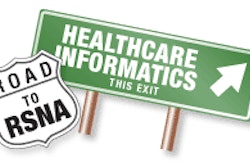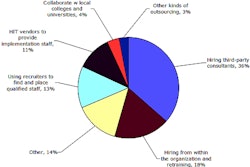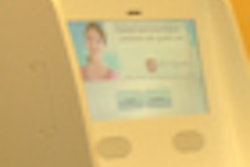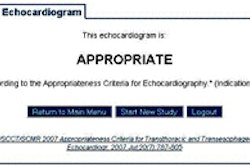They were quite surprised at what they learned, and Elizabeth Dann, MD, director of breast MRI and an assistant professor of radiology at Dartmouth Medical School in Hanover, will tell all in this scientific session scheduled for Tuesday morning.
The reporting system that the hospital installed in January 2009 automatically alerts clinicians when the results of a diagnostic imaging procedure they ordered for a patient are urgent or critical. The radiology department's protocol requires that designated staff also follows up. If a clinician does not respond to repeated notifications, a certified letter is mailed to the patient.
After receiving some complaints, the radiology department decided to conduct a survey of clinicians to assess the level of satisfaction and dissatisfaction. Additionally, the 23-item questionnaire probed response patterns: how receiving an alert affected daily workflow, whether recipient physicians were motivated to read the radiology reports, and how the alert affected patient care.
The survey was sent to 1,075 clinicians; more than half completed it. To the surprise of the radiologists, more than 85% liked the unexpected-finding notifications system, stating that it improved patient safety and helped their daily clinical practice. The majority of respondents received about one alert per month. Only 10% reported that they received two or more alerts.
Dann told AuntMinnie.com that the radiologists were also surprised that the system did not change the way that ordering clinicians read radiology reports. They had presumed that upon receipt of an unexpected finding notification, the clinician would read the radiology report carefully. But this wasn't the case: 79% claimed that the system did not affect how much attention they paid to radiology reports, and clinicians who ignored them or gave them little attention did not change their practices for a report associated with an urgent or critical finding.
Yet more than two-thirds of the clinicians reported that they would appreciate receiving reminders with respect to recommendations for follow-up imaging.
Not everyone was happy. Twelve percent of the respondents rated the system as "bad" or "terrible." There was no way to determine if these were the same clinicians who did not acknowledge notifications, because the survey protected anonymity.



















